Integrated Modeling Of Ozonation For Optimization Of Drinking Water Treatment
Integrated Modeling Of Ozonation For Optimization Of Drinking Water Treatment
Source : https://www.tudelft.nl/en/
Author : Alexander Wilhelmus Cornelis van der Helm
Background of the thesis
In the Netherlands, drinking water treatment plants are robust and designs arebased on the performance of individual processes with pre-set boundary conditions. In operation of drinking water treatment plants, the processes are
usually optimized individually on the basis of “rules of thumb” and operator knowledge and experience. However, changes in operational conditions of individual processes can affect subsequent processes and an optimal operation, which can include a number of water quality parameters, costs and environmental impact, is different for every operator. The quality of drinking water is thus influenced by day-to-day decisions of individual operators
(Bosklopper et al., 2004). Bosklopper et al. assumed that an integrated approach to the entire treatment plant can lead to a more efficient operation and concluded that decisions of an integrated nature can be complex and difficult to make. It was expected that an integrated model of the entire water treatment plant could be used as an instrument for operational support and for process control to further improve the operation of a drinking water treatment plant, making maximal use of the installed infrastructure and postponing new investments.
Only logged in customers who have purchased this product may leave a review.


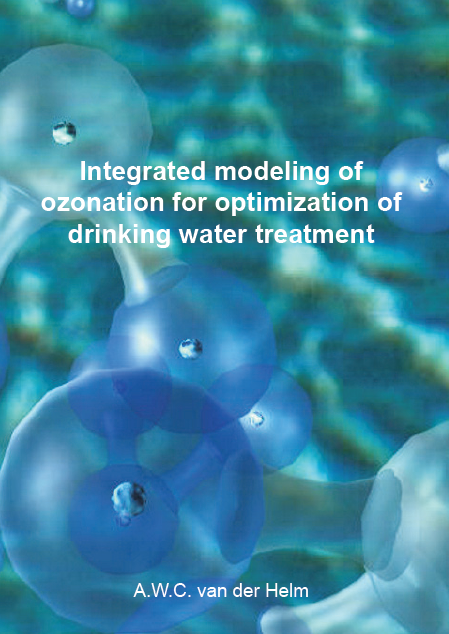

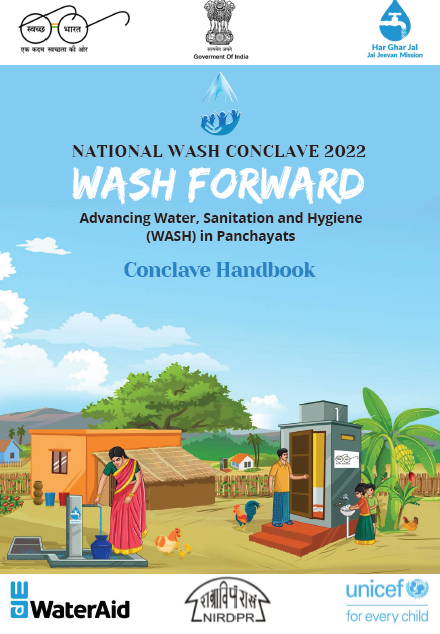
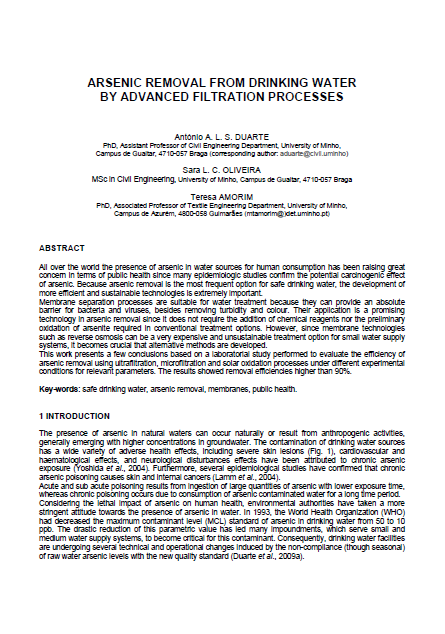
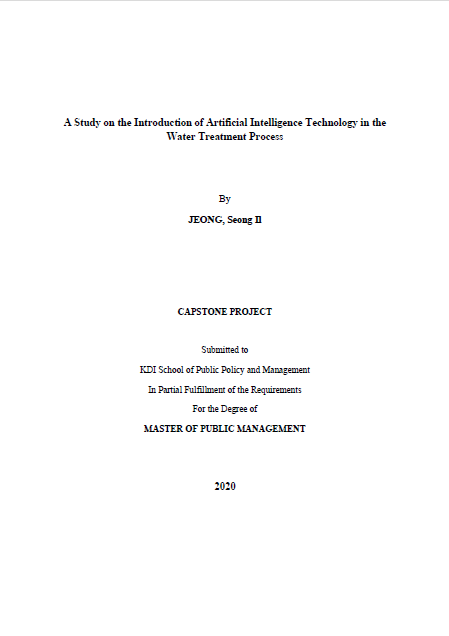
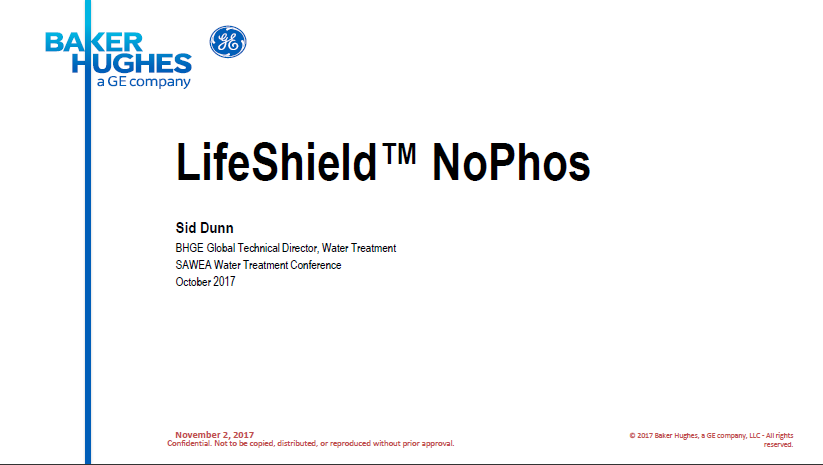

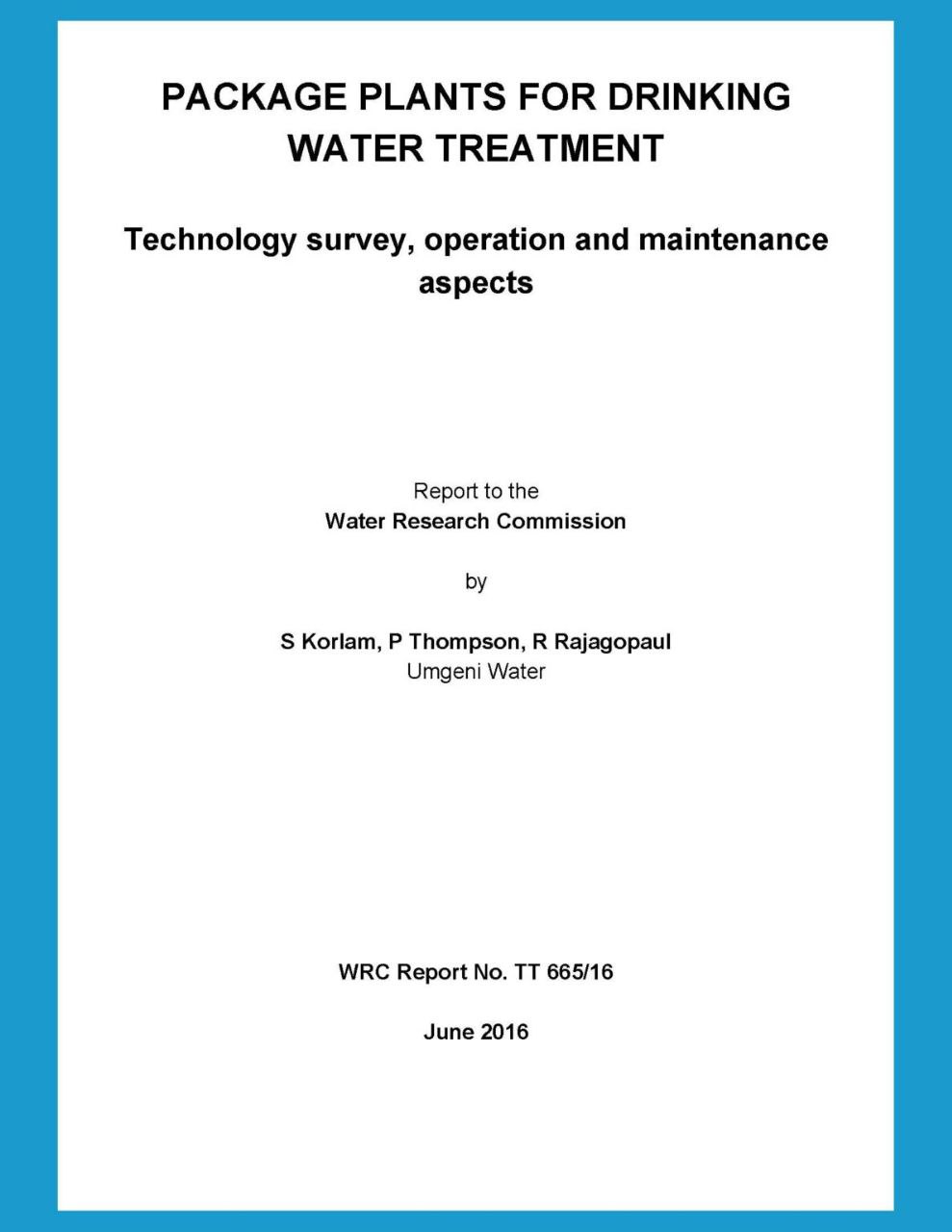
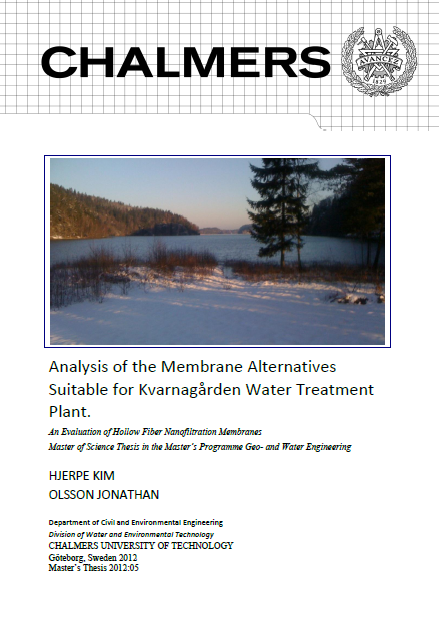
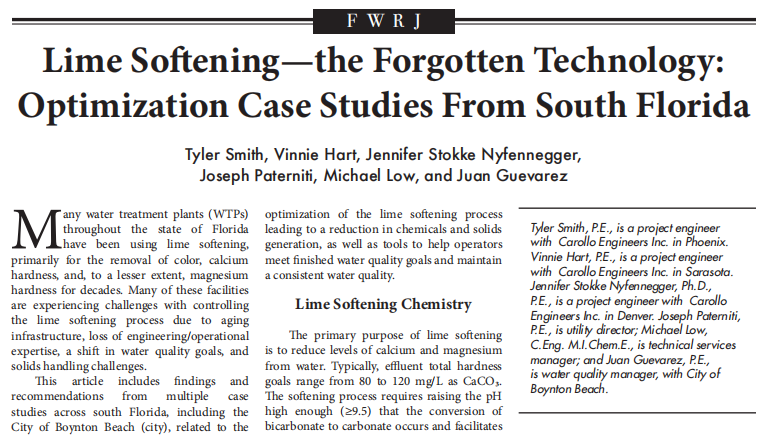

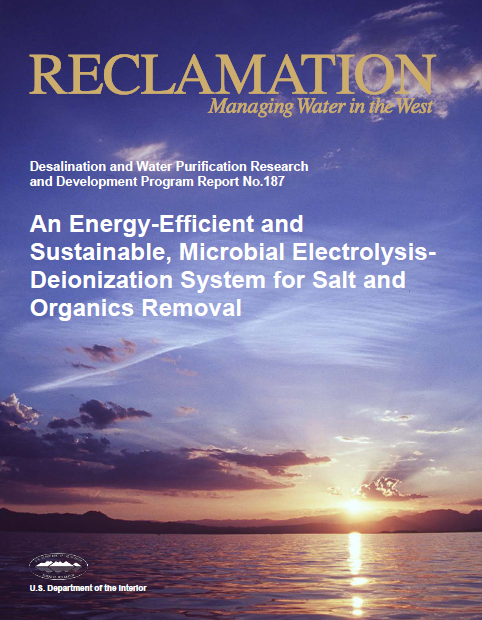
Reviews
There are no reviews yet.